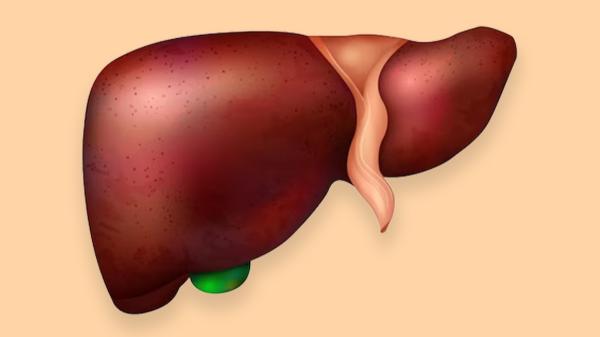
The Federal Government’s much avowed local content policy appears to be threatened following prevailing war by labour leaders against fledgling indigenous service companies that form the engine of the policy drive, as about 1,000 staff of companies were laid off recently.
The workers’ unions protest boils down to financial entitlements while the oil service companies point at low oil price cycles, dearth and outright cancellation of contracts by operators whose projects have dropped from investment tables, as well as elongated downtime due to call-off contracts.
President of Petroleum and Natural Gas Senior Staff Association of Nigeria (PENGASSAN), Mr. F.O. Johnson, did not respond to call put to him on the matter but other members of the group confirmed that the oil workers’ union is driving a movement against nearly 20 companies that fail to meet their demands for internal unionism, reinstatement of sacked workers and payment of fat exit packages to disengaged staff.
It was gathered that some of the workers demanding severance packages are leaving for foreign multinational oil service firms after they have been employed as pupil staff and trained by the indigenous firms to meet industry skills standards. Currently, over 17 indigenous service companies based in Port Harcourt, Rivers State, are battling to save their businesses from impact of attacks from National Union of Petroleum and Natural Gas Workers, NUPENG, and PENGASSAN over unresolved entitlement issues.
Five other companies have received demand notices from the workers’ groups. One of them, Ciscon Nigeria Limited, has been forced to declare insolvency as hostility from labour unions and sacked employees take threatening dimension.
The situation has led to massive staff load off after resolution agreement failed.
The company pointed at low business cycle in the industry as the reasons for delays in payment of entitlements.
Chairman/Chief Executive, Ciscon, Mr. Shawley Coker, explained that the company had to downsize in response to activity downturn in upstream operations after weak oil prices and low oil income forced operators to call off projects and cancel contracts at a time government offered no buffer for companies that staked funds on equipment and facility acquisition.
He lashed at the leadership of PENGASSAN for being too parochial in their appraisal of prevailing situation in the industry and advised them to get clear understanding of their roles as partners in building the nation’s economy and not to align with agents that demolish business structures that create jobs.
With the massive downsizing going on in the oil services segment of the petroleum industry, he said, the country has recorded active job losses, shed substantial industry capacity to create new employment for new graduates, and lost deep pocket investments in local job delivery capacity. Chairman of Petroleum Technology Association of Nigeria, PETAN, Mr. Bank-Antony Okoroafor, said the group was working on all parties in the disputes to address the worrisome development.
He said a meeting has been scheduled to look into series of complaints by workers and employers involved in the disputes.
He clarified that over 15 other companies outside PETAN are also affected by the labour dispute.
He admitted that low activity cycle affected the financial capacity of most service companies in the country, adding that labour leaders should situate the prevailing crisis in the industry in the context of the current economic condition of the country and close ranks with investors to move the sector up from the doldrums.






















